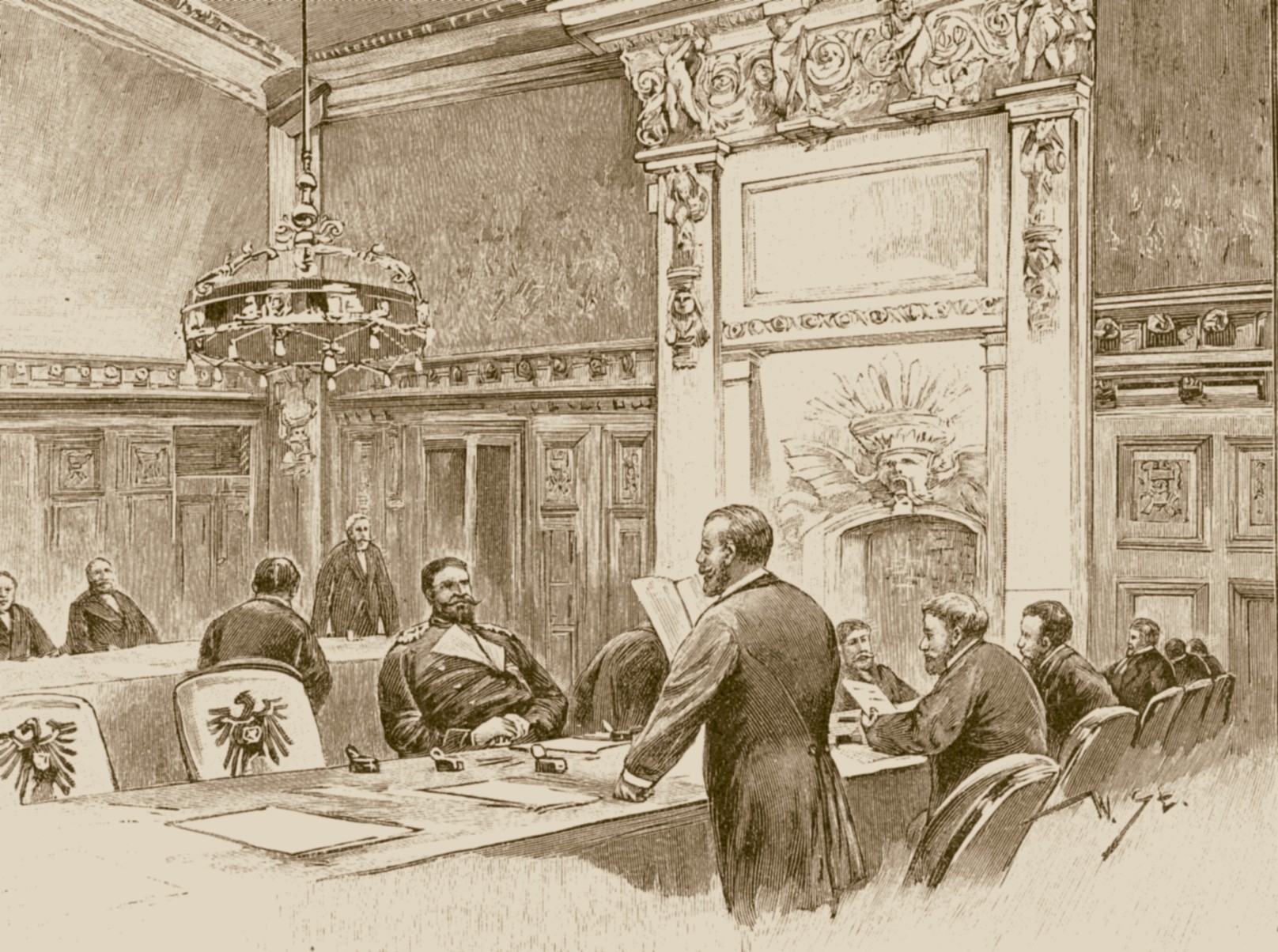|
Bundesrat (other)
Bundesrat is a German word that means ''federal council'' and may refer to: * Federal Council (Austria) * German Bundesrat * Federal Council (Switzerland) * Bundesrat (German Empire) See also *Federal Council (other) Federal Council may refer to: Governmental bodies * Federal Council of Australasia, a forerunner to the current Commonwealth of Australia * Federal Council of Austria, the upper house of the Austrian federal parliament * Federal Council of Germany ... {{disambiguation ... [...More Info...] [...Related Items...] OR: [Wikipedia] [Google] [Baidu] |
Federal Council (Austria)
The Federal Council (german: Bundesrat, ) is the upper house of the Austrian Parliament, representing the nine States of Austria at the federal level. As part of a bicameral legislature alongside of the National Council, it can be compared with an upper house or a senate. In fact, however, it is far less powerful than the National Council: although it has to approve every new law decided for by this lower chamber, the latter can—in most cases—overrule the Federal Council's refusal to approve. The ''Bundesrat'' has its seat at the Austrian Parliament Building in Vienna, in a conclave of the former '' Herrenhaus'' chamber of the Imperial Council (''Reichsrat''). During a major renovation of the Parliament Building the Federal Council meets in the Hofburg. Role As the Constitution of Austria (B-VG) draws a strict distinction between federal and state legislation, its Article 42 provides the ''Bundesrat'' only with the right to veto federal laws passed by the National Counci ... [...More Info...] [...Related Items...] OR: [Wikipedia] [Google] [Baidu] |
German Bundesrat
The German Bundesrat ( lit. Federal Council; ) is a legislative body that represents the sixteen ''Länder'' (federated states) of Germany at the federal level (German: ''Bundesebene''). The Bundesrat meets at the former Prussian House of Lords in Berlin. Its second seat is located in the former West German capital of Bonn. The Bundesrat participates in legislation, alongside the Bundestag consisting of directly elected representatives of the German people. Laws that affect state powers, and all constitutional changes, need the consent of both houses. For its somewhat similar function, the Bundesrat is sometimes (controversially) described as an upper house of parliament along the lines of the United States Senate, the Canadian Senate, and the British House of Lords. ''Bundesrat'' was the name of similar bodies in the North German Confederation (1867) and the German Empire (1871). Its predecessor in the Weimar Republic (1919–1933) was the Reichsrat. The political makeup o ... [...More Info...] [...Related Items...] OR: [Wikipedia] [Google] [Baidu] |
Federal Council (Switzerland)
The Federal Council (german: Bundesrat; french: Conseil fédéral; it, Consiglio federale; rm, Cussegl federal) is the executive body of the federal government of the Swiss Confederation and serves as the collective head of state and government of Switzerland. It meets in the west wing of the Federal Palace in Bern. While the entire Federal Council is responsible for leading the federal administration of Switzerland, each Councillor heads one of the seven federal executive departments. The position of President of the Swiss Confederation rotates among the seven Councillors on a yearly basis, with one year's Vice President of Switzerland becoming the next year's President of Switzerland. Ignazio Cassis has been the incumbent officeholder since 1 January 2022. An election of the entire Federal Council occurs every four years; voting is restricted to the 246 members of the Federal Assembly of Switzerland. There is no mechanism for recall after election. Incumbents are almost a ... [...More Info...] [...Related Items...] OR: [Wikipedia] [Google] [Baidu] |
Bundesrat (German Empire)
The ''Bundesrat'' ("Federal Council") of the North German Confederation and the German Empire was the highest legislative body in Germany. It existed from 1867 to 1918. Until the German Orthographic Conference of 1901, 1902 spelling reform, its name was spelled ''Bundesrath''. The ''Bundesrat'' comprised representatives of the 25 member states (''Bundesstaaten''). The numbers of votes of each state were specified in the Constitution of the German Empire, imperial constitution. The representatives of the states voted as directed by their governments. The chairmanship of the Bundesrat was held by the Chancellor of Germany, Imperial Chancellor. All laws passed in Germany had to have the support of the Bundesrat. Also, certain official procedures carried out by the German Emperor, Kaiser had to be voted on, for example, the dissolution of the Reichstag (German Empire), Reichstag and declarations of war. The Bundesrat ruled on Reichsexekutions; besides, it had numerous administrative ... [...More Info...] [...Related Items...] OR: [Wikipedia] [Google] [Baidu] |


.jpg)
